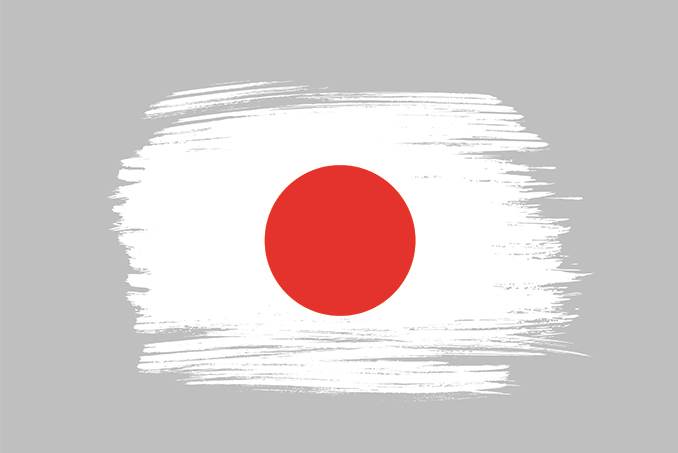 During an emergency meeting, the Bank of Japan decided to ease its monetary policy, as they announced their intention to buy exchange-traded funds "aggressively" and to double the pace of purchases for Japanese real estate trust fund. Besides this, they announced the creation of a new loan program that would extend zero-rate loans to financial institutions in order to boost lending.
During an emergency meeting, the Bank of Japan decided to ease its monetary policy, as they announced their intention to buy exchange-traded funds "aggressively" and to double the pace of purchases for Japanese real estate trust fund. Besides this, they announced the creation of a new loan program that would extend zero-rate loans to financial institutions in order to boost lending.
“The BOJ will take additional monetary easing steps as needed without hesitation with a close eye on the impact from the coronavirus epidemic for the time being,” stated the bank.
Right after the meeting, the Bank of Japan governor Naruhiko Kuroda stated that further rate cuts were possible and that it's possible to boost Japanese Government Bonds purchases.
He also reassured investors, claiming that is not likely that the global economy will face a Lehman-like economic slump.
When talking about the situation of the Japanese economy, Kuroda highlighted that the coronavirus impact will last for the time being and that eventually, it will return to a moderate-paced growth in the future. He also said that the bank is closely monitoring the situation at home and overseas.
By 8:30 GMT the US dollar went down by 1.54 percent against the Japanese Yen, falling to the 106.25 level. Conversely, the Euro lost 0.57 percent against the Yen, at 119.11.
Price War Threatens US Shale Oil Industry
According to data obtained by Reuters, many members of the US shale oil industry may not be able to survive a prolonged oil price war, as many of them are currently pressing suppliers to lower their prices.
The U.S. crude prices fell to the US $31 per barrell this year, which is a price that is behind the costs of productions of most of shale oil producers, as most of them budgeted this year for oil between $55 per barrel and $65 per barrel. The current price war between the Saudis and Russia is similar to the price war Saudi Arabia led in 2014, which ended up pushing many shale oil companies to bankruptcy but that many of them overcame as they found a way to cut their production costs.
Yesterday, Brent oil futures ended up in the negative territory, losing about 4.73 percent while West Texas Intermediate crude oil futures went down by 2.87 percent. Today, by 8:08 GMT Brent Oil futures lost around 4.73 percent while WTI crude oil futures went down by 3.21 percent.
